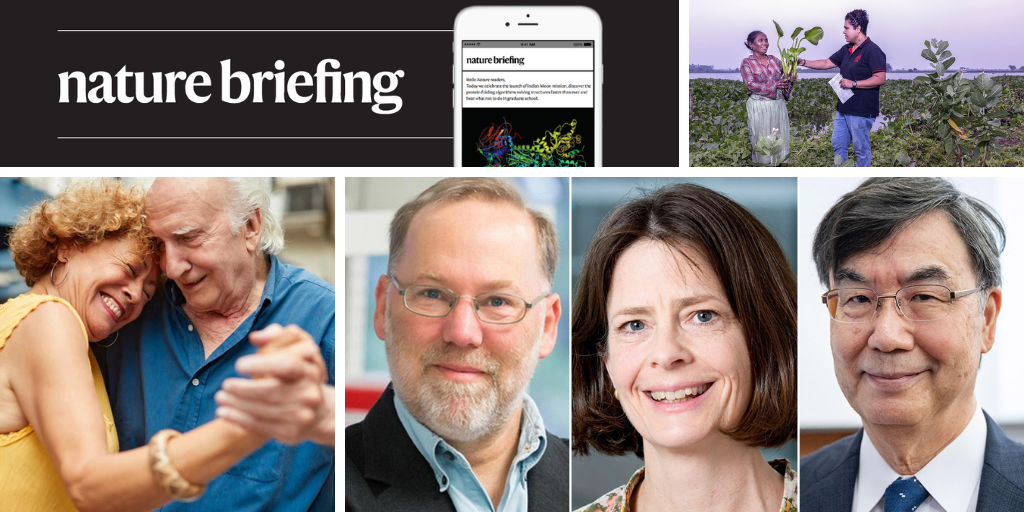
"Molecular biologist Mary Brunkow, and immunologists Fred Ramsdell and Shimon Sakaguchi have won the Nobel Prize in Physiology or Medicine for discovering a class of immune cells - regulatory T cells - that help to prevent the body from attacking its own tissues. The winners' discoveries help to explain "how we keep our immune system under control so we can fight all imaginable microbes and still avoid autoimmune disease", says rheumatologist and Nobel committee member Marie Wahren-Herlenius."
"For the first time, scientists have converted the blood type of a donor kidney and transplanted the organ into a person. The team used an enzyme to remove type-A antigens from the kidney. This made it a type-O organ, which is compatible with all blood types. The organ was transplanted into a 68-year-old brain-dead man and remained healthy for two days before showing signs of rejection. The procedure could improve access to donor organs and reduce waiting lists, says transplant clinician Natasha Rogers."
Mary Brunkow, Fred Ramsdell and Shimon Sakaguchi discovered regulatory T cells that prevent the immune system from attacking the body's own tissues. Engaging in creative pastimes such as ballroom dancing or playing musical instruments correlates with slower brain ageing measured by brain clocks; higher skill levels associate with younger-appearing brains and protection of regions vulnerable to ageing. An enzyme removed type-A antigens from a donor kidney, converting it to type-O and enabling transplantation into a recipient; the organ functioned for two days before rejection signs appeared. These developments illuminate immune regulation, suggest molecular-level neuroprotection from creative activity, and point to potential expansion of organ compatibility.
Read at Nature
Unable to calculate read time
Collection
[
|
...
]